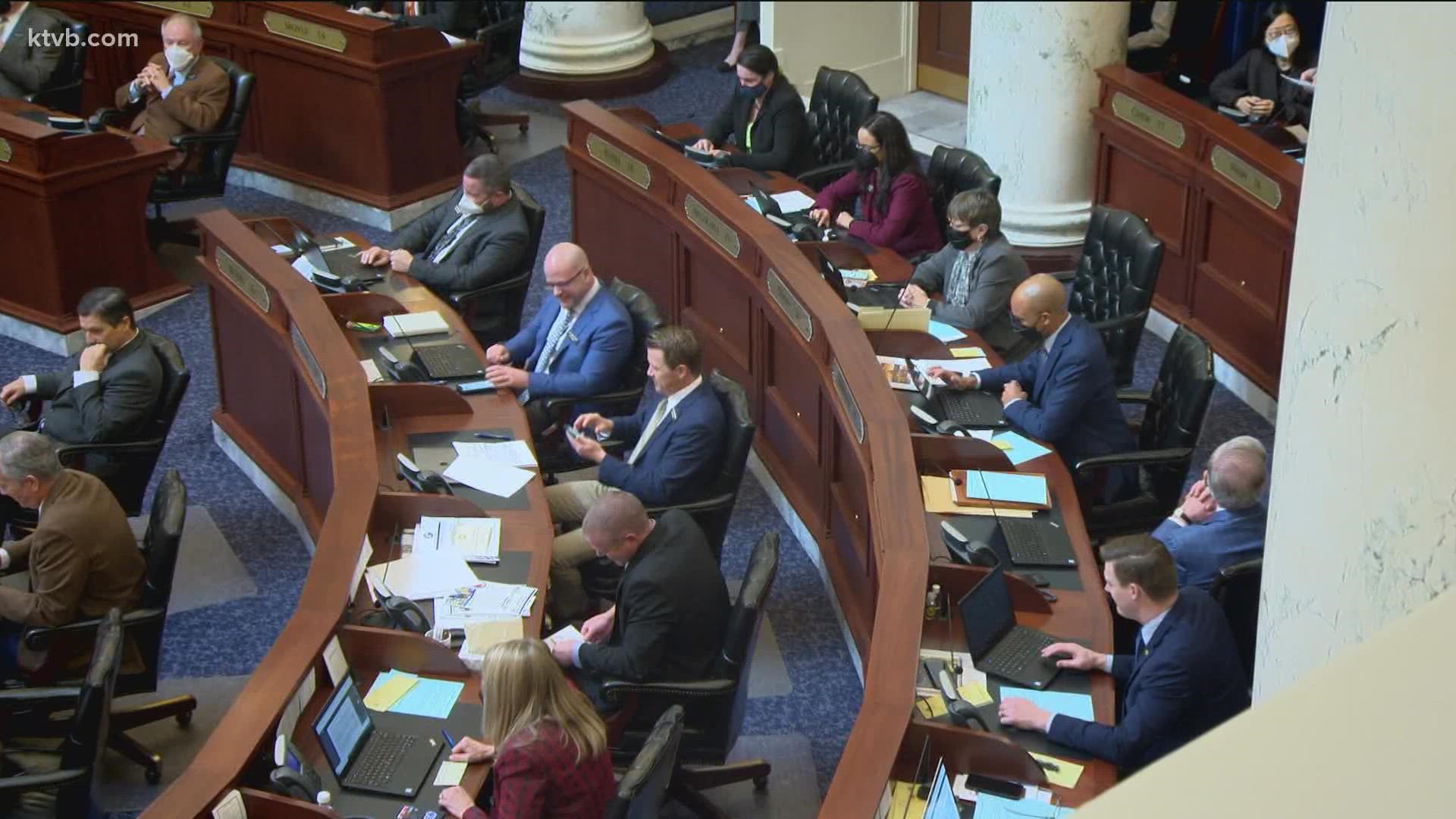BOISE, Idaho — Inside the Idaho Statehouse, some lawmakers say one organization is reaping an outsized amount of influence over politics and division between legislators.
The Idaho Freedom Foundation is a controversial conservative nonprofit that bills itself as a think tank dedicated to "exposing, defeating, and replacing the state's socialist public policies" and promoting free enterprise and liberty.
Several members of the Idaho Legislature say the group oversteps its bounds in telling lawmakers what bills to bring and how to vote, wielding a unique amount of power on the floor of the Idaho House.
Some of that influence comes in the form of the Idaho Freedom Foundation's most prized project: The Idaho Freedom Index. With a stated goal of government transparency, index creators say the metric is aimed at showing "which legislators vote for more government, and which support lower taxes, fewer regulations, and more personal liberty."
As bills are introduced in the Idaho legislature, IFF's analysts rate them in real-time, scoring proposed laws using what they call "12 criteria of freedom," mostly centered on whether the legislation would grow or shrink government.
Bills get points deducted or added based on how well the IFF thinks they fit those criteria. House Bill 443, for example - which allows public school teachers and other school workers to join the state’s self-funded health insurance plan - was given a rating by the IFF of -3 on the Idaho Freedom Index. A bill that would ban mask mandates in the state, by contrast, was given a rating of +4.
Individual lawmakers are also scored on the Freedom Index based on how they voted on the bills approved by the IFF.

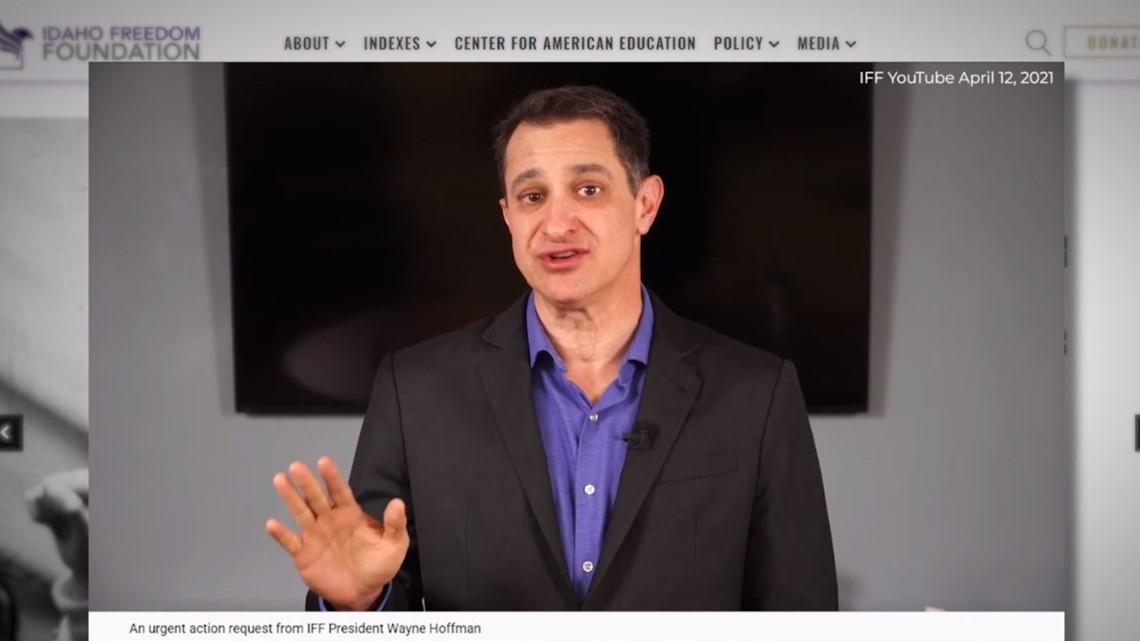
IFF President Wayne Hoffman and other members of the Idaho Freedom Foundation declined to participate in an on-camera interview for this story. On its website, the group says it does not respond to media inquiries.
On Wednesday afternoon, they sent out an email blast to their supporters saying that the media is trying "to smear the Idaho Freedom Foundation and lawmakers who defend the principles of liberty in the capital."
Lobbying organizations like the powerful Idaho Association of Commerce and Industry (IACI), Idaho Business for Education, and ACLU of Idaho, also issue legislative scorecards. Most organizations do so after the completion of the legislative session. IACI does rate bills before lawmakers vote, but rather than a handful of analysts rating bills like IFF does, more than 300 IACI members can weigh in on how they think a bill should be scored.
So who cares about the Freedom Index?
Several elected officials told KTVB they would not talk about it on camera - or at all. Others said that although some of their conservative colleagues placed a high value on the opinion of the IFF, that was not true across the board.
"A score is just somebody's opinion of how you're doing, and if the opinion is valid, then I take it to heart," said Rep. Clark Kaufman, R-Filer. "If I think they're off track on the values they're putting on the score, that's their prerogative."

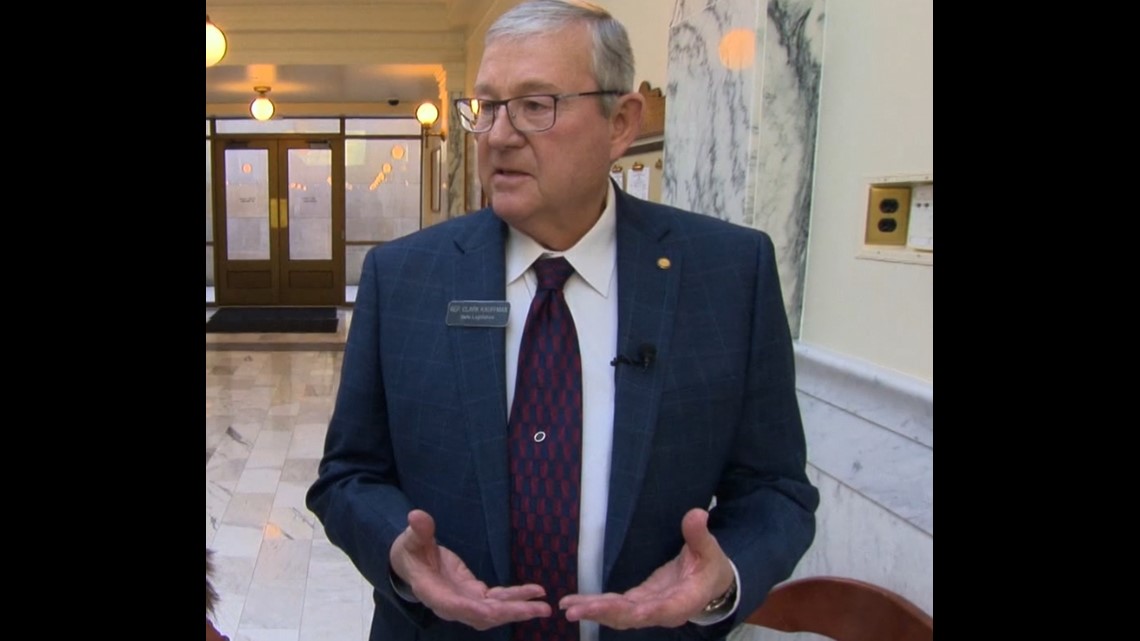
Rep. Greg Chaney, R-Caldwell, said the score the group came up with for him means little.
"That's an evaluation by somebody IFF has hired, and my votes are an evaluation of what we do after hours of sitting in committee, after talking to dozens of constituents after getting the best info we can," Chaney said.
But multiple lawmakers and former state leaders told KTVB that a minority of G.O.P. lawmakers genuinely agree with all of the Idaho Freedom Foundation's policies and politics.
As of Wednesday morning, five Republican representatives had a 100% rating on the foundation's leaderboard. The highest-rated lawmakers have loudly pushed the narrative that critical race theory is being taught to Idaho kids, which led to money being taken from higher education in Idaho last session.
Former Idaho Supreme Court Justice Jim Jones says members of the group with the highest ratings "do the Freedom Foundation's bidding."


Lawmakers say the organization uses low freedom scores against those who don't agree with them, telling voters they're "against freedom" if they're rated poorly. Republicans and Democrats who defy the powerful organization often find themselves the target of negative campaigns via texts, robocalls, and mailers.
"When they don't go along with the suggestions that the Freedom Foundation makes, they end up in election trouble," Jones said.
Legislators who spoke to KTVB said even those who do not entirely agree with the IFF can be influenced by the index and vote accordingly in order to win the closed Republican primary election, or stay in power.
"The problem with our government right now is that people are too worried about keeping their job instead of doing their job," said Sen. Melissa Wintrow, D-Boise. "I have not been elected to fall in line like a zombie and just do what I'm told according to a score."
Rep. Julie Yamamoto, R-Caldwell, said the scores from the IFF "obviously" serve a purpose for some people, noting that she has received calls and emails from some constituents questioning why her Freedom Index score was not higher.
But she said she did not believe her role as a lawmaker was to follow the Idaho Freedom Foundation's suggestions unquestioningly.
"It's not what any one group wants, it's what you truly believe is in the best interest [of the state,]" she said.

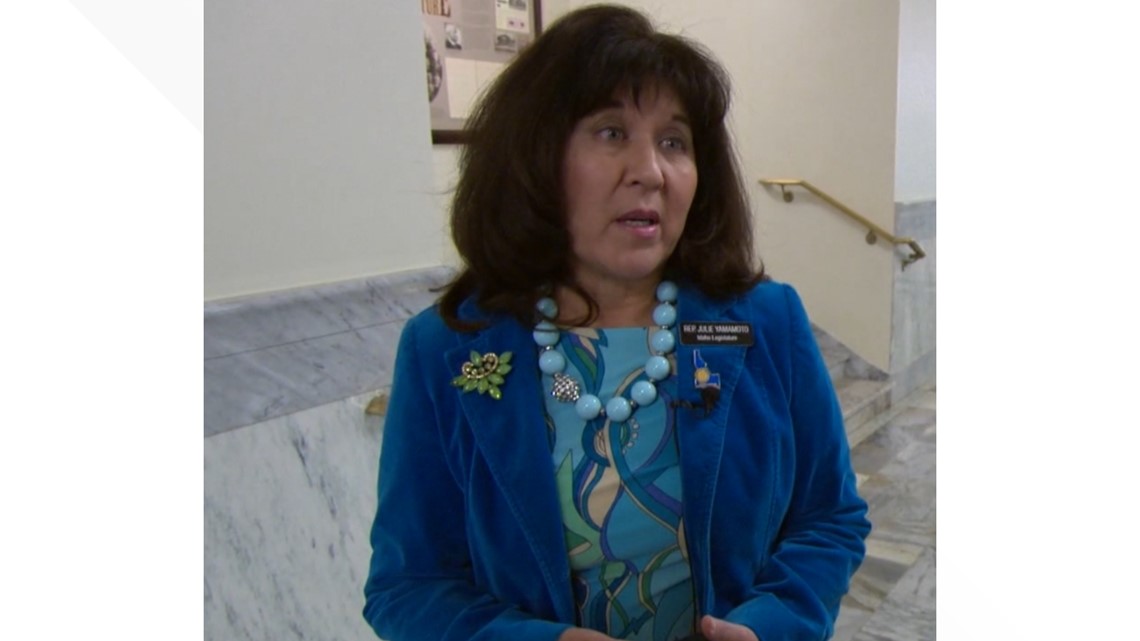
Multiple lawmakers told KTVB they have seen many of their colleagues pull up the Idaho Freedom Foundation's index on the House Floor ahead of a vote.
"Some lawmakers know nothing about a bill other than how the IFF has rated it," Chaney said. "It scares the snot out of me. That is not how we should be setting policy."
Kaufman agreed.
"When the vote comes up on the board, and you see a certain amount of red, you say, 'oh had a bad [freedom index] score," he said. "No matter what the bill is, no matter what the bill is."
Some legislators admit they will change the wording of their bills to gain the approval of the IFF, which translates in real-time into "yes" votes from other lawmakers.
Wintrow pointed to a bill she brought forward in 2021 aimed at updating Idaho's criminal rape statute. The measure was aimed at removing an exception in the law that shielded defendants from being prosecuted for raping someone to whom they were married.
The Idaho Freedom Foundation balked, however, and gave the bill a poor rating over concerns that it would allow adults who married children and had sex with them to be prosecuted for statutory rape. Child marriage is legal in Idaho, despite multiple attempts in the legislature to repeal it.
"They were more concerned with the adults having sex with kids and marrying them than repealing the code section," Wintrow said.

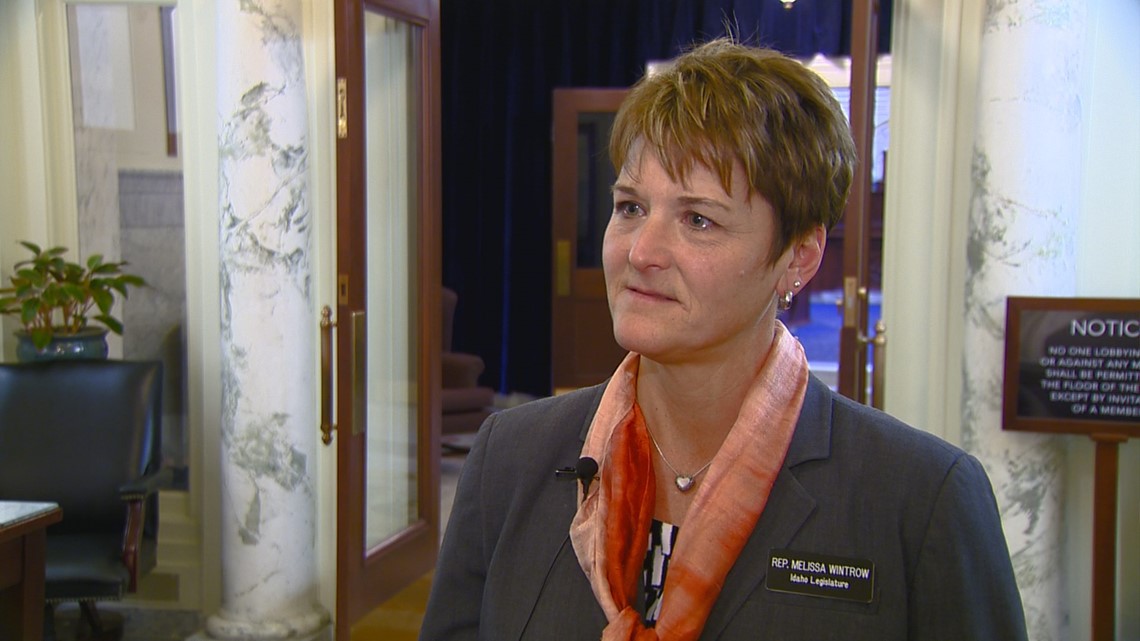
But she knew the bill would not garner enough votes if the IFF disapproved of it. Wintrow amended the bill, adding language that continues to shield someone who sexually abuses a child to whom he or she is legally married from legal consequences.
"Then the score went neutral," she said of the IFF's response to the changes. "Then, at least I wouldn't have that kind of attack on the bill, which would be formidable."
The bill passed and was signed into law by the governor in April 2021.
The group's lobbying arm – Idaho Freedom Action – pushes the same index to endorse bills and candidates. Under federal tax rules, nonprofit charitable organizations like the IFF can educate legislators, but they are not supposed to have much influence on legislation or campaign for or against political candidates.
On its website, the Freedom Foundation says the index is "not intended to serve as either an express or an implied endorsement or rejection of any candidate for public office." But some prominent players in Idaho politics argue that's exactly what it does.
Legislators admit they aren't experts in everything, so it's not unusual to turn to lobbyists and organizations representing members of the community for information on bills.
Ultimately, however, lawmakers say they do not want a single organization having so much sway in how the state is run; especially the IFF, whose funding stream is unclear. Under federal tax law, nonprofits do not have to disclose the source of their donations.
"Absolutely I think it crosses the line," Wintrow said.
Watch the 4-part series below:
1.
2.
3.
4.
Watch more Idaho politics:
See all of our latest political coverage in our YouTube playlist:

